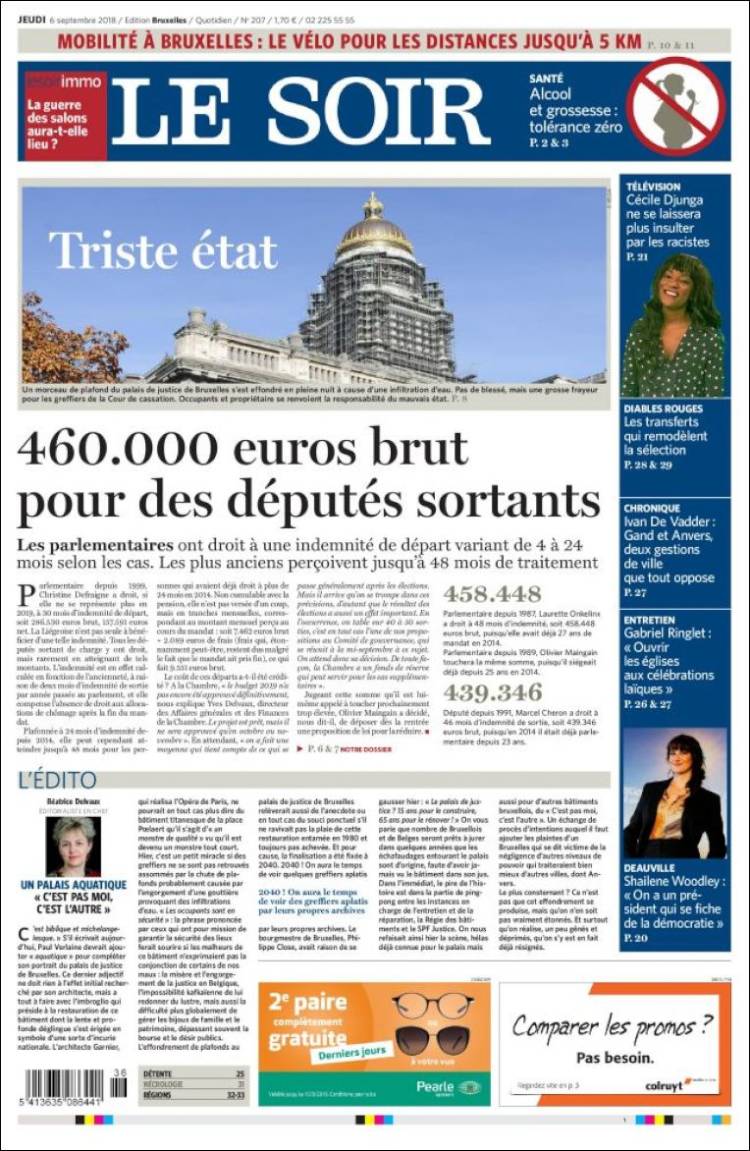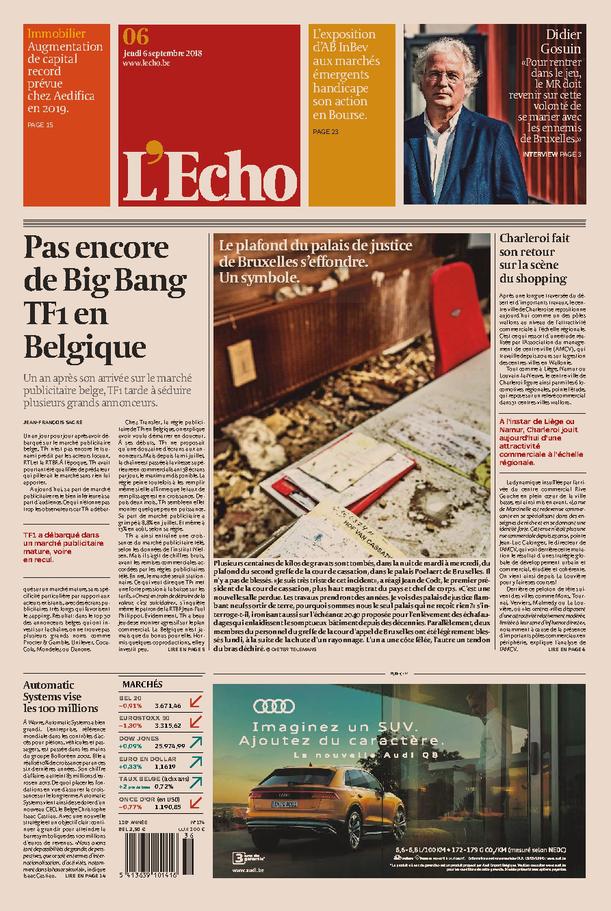United Kingdom
Almost every British national paper splashed on the story of Britain naming two Russian agents as the prime suspects in the Novichok poisoning. Several deployed almost identical headlines, referring to “Putin’s smiling assassins,” alongside CCTV shots of the two men. The Daily Telegraph said they belonged to a “secretive” Russian agency, a “shadowy spy network … causing chaos around the world.” The Times focused on Theresa May’s call for retribution, noting the British PM “is preparing a cyberwar.”
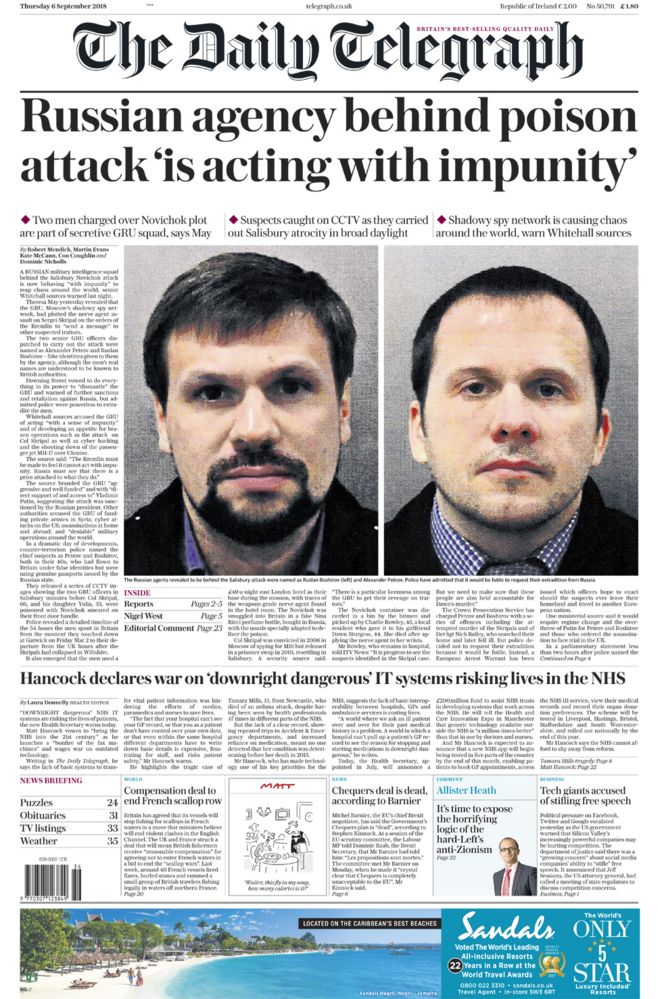
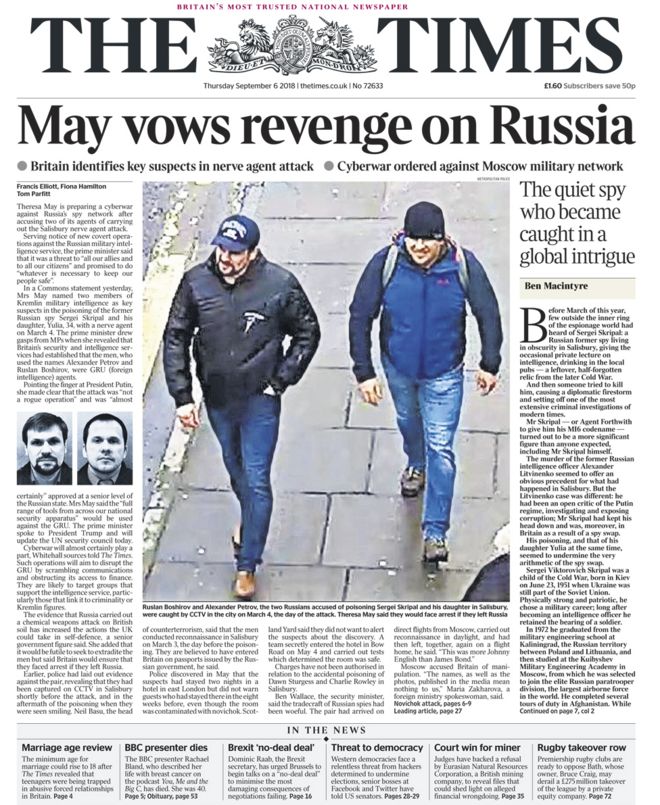
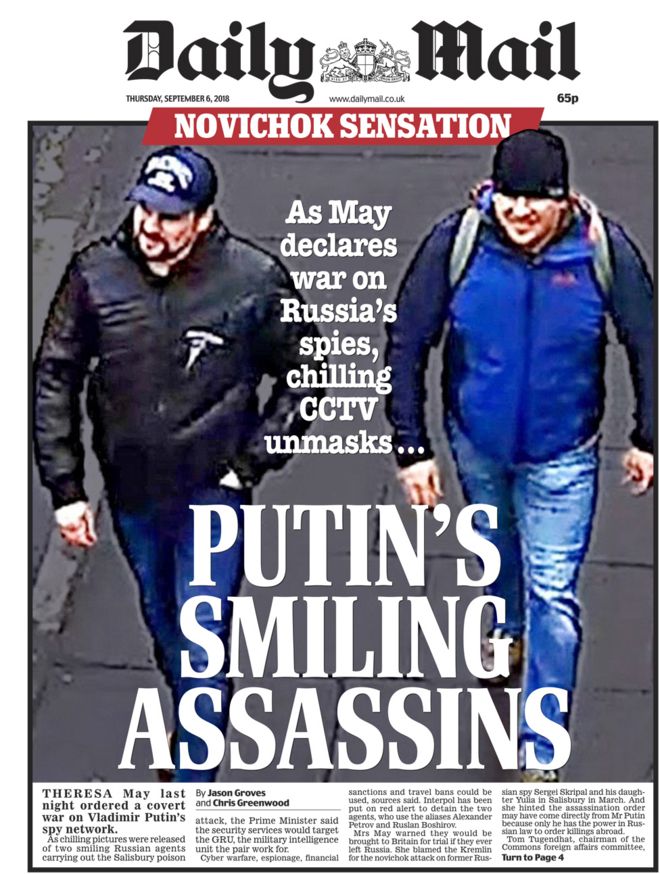
France
French papers focused on a proposal that could see end-of-year exams nixed for first-year medical students. Libération noted that the exams lead to many students leaving their studies and cause great stress. Le Figaro led with a story and editorial on the approaching U.S. midterms. Le Monde, meanwhile, poked at Emmanuel Macron for “reshuffling without changing direction,” noting that his recent Cabinet swaps hadn’t led to any real policy changes.
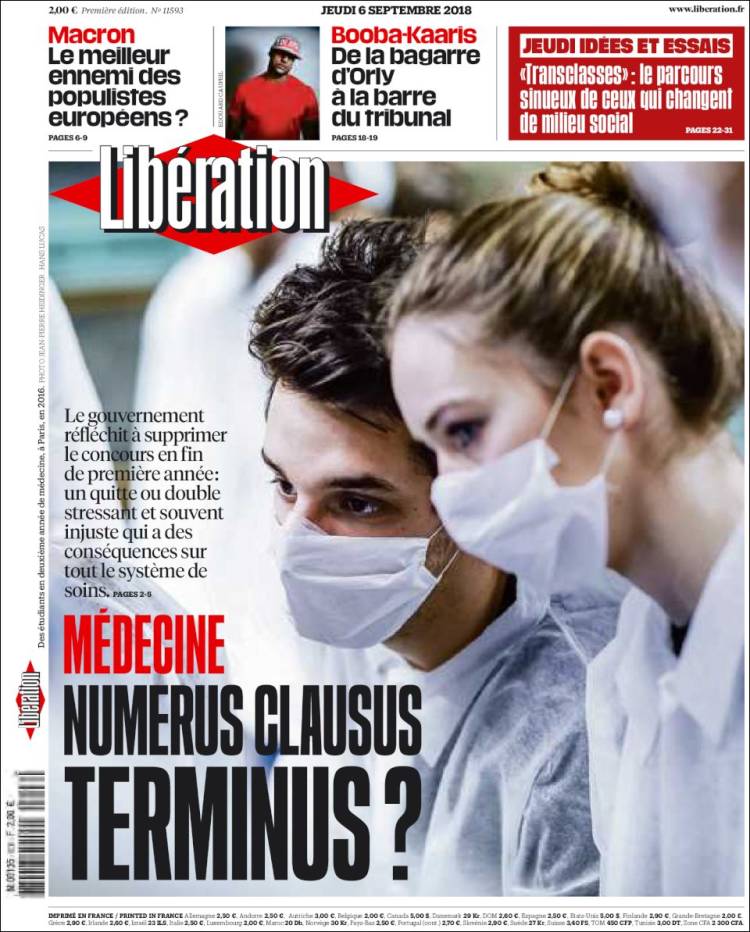
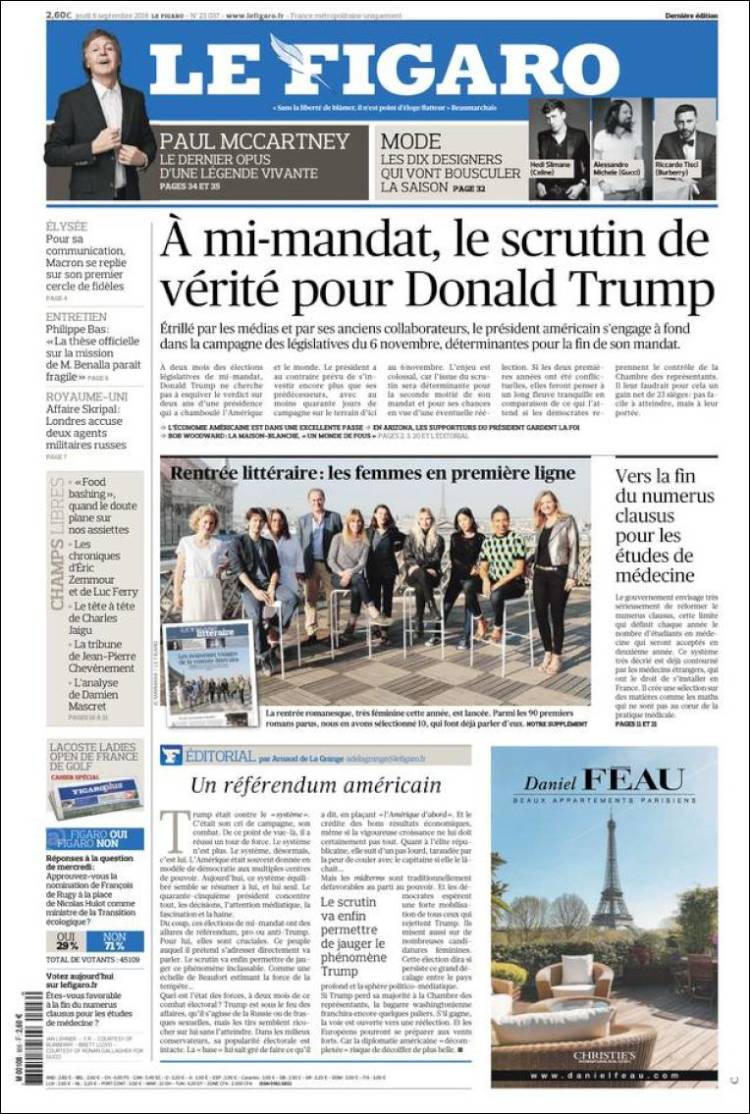
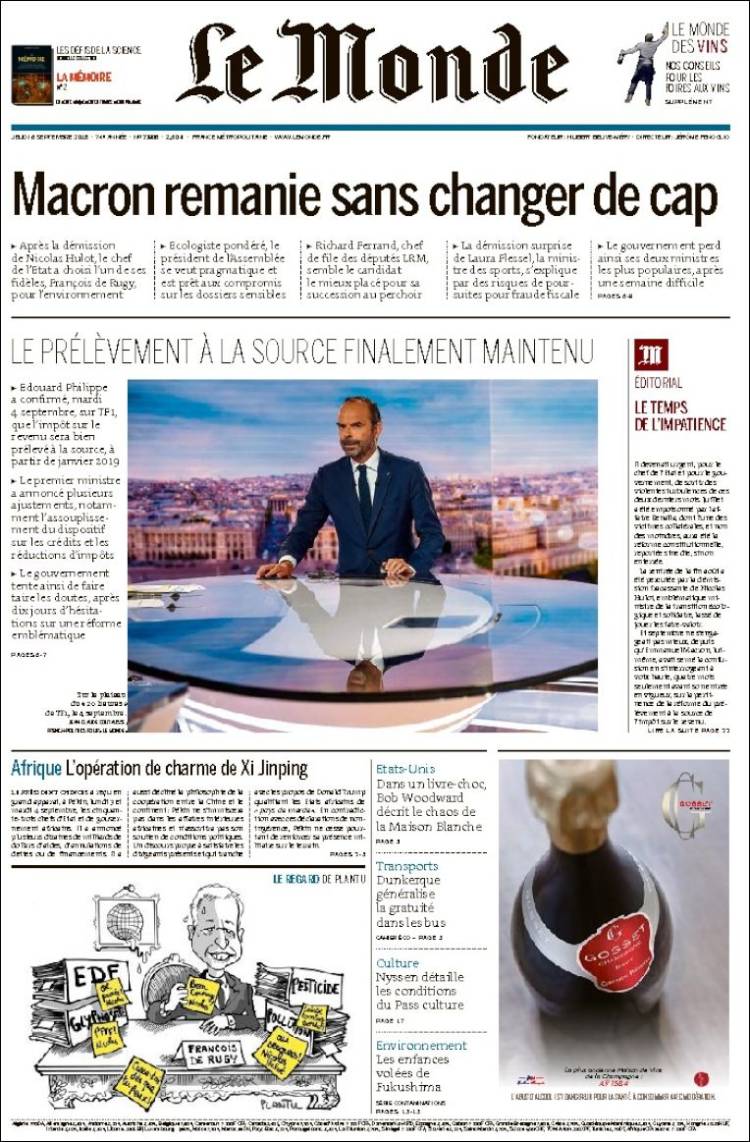
Germany
German papers continued to cover the fallout from the far-right rallies in Chemnitz. “There was no mob,” Der Tagesspiegel quoted Michael Kretschmer, the minister-president of the Saxony province, as saying. Die Tageszeitung also picked up on Kretschmer’s denials. “Did something happen at all?” the paper asked sarcastically.
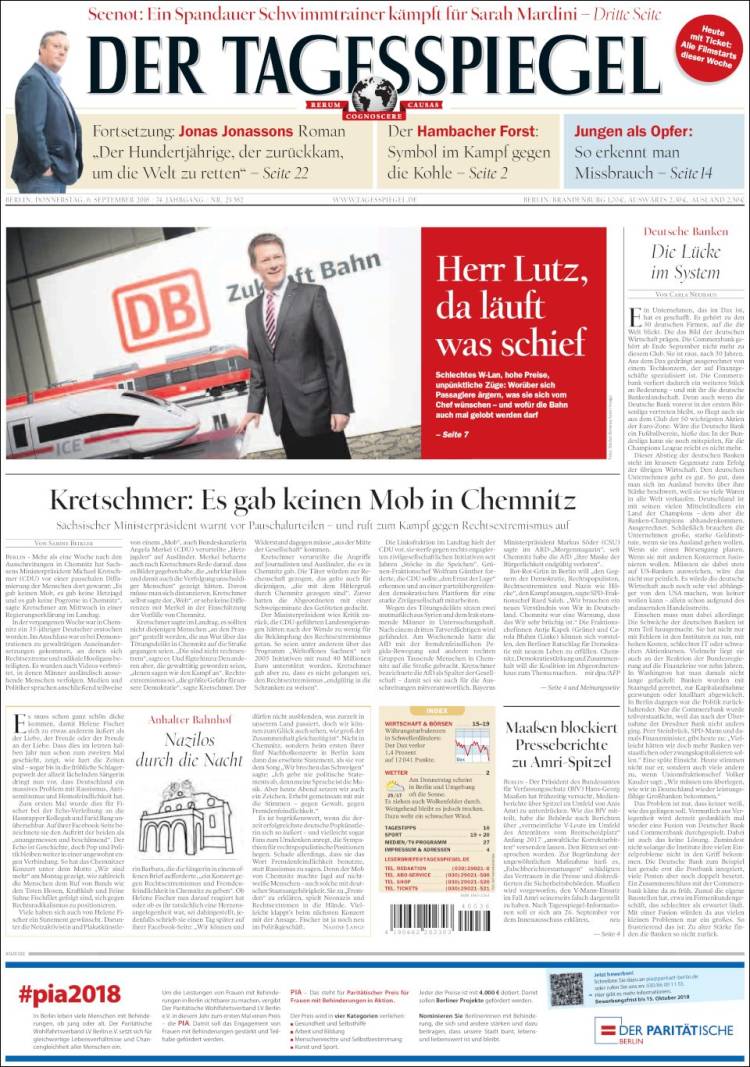
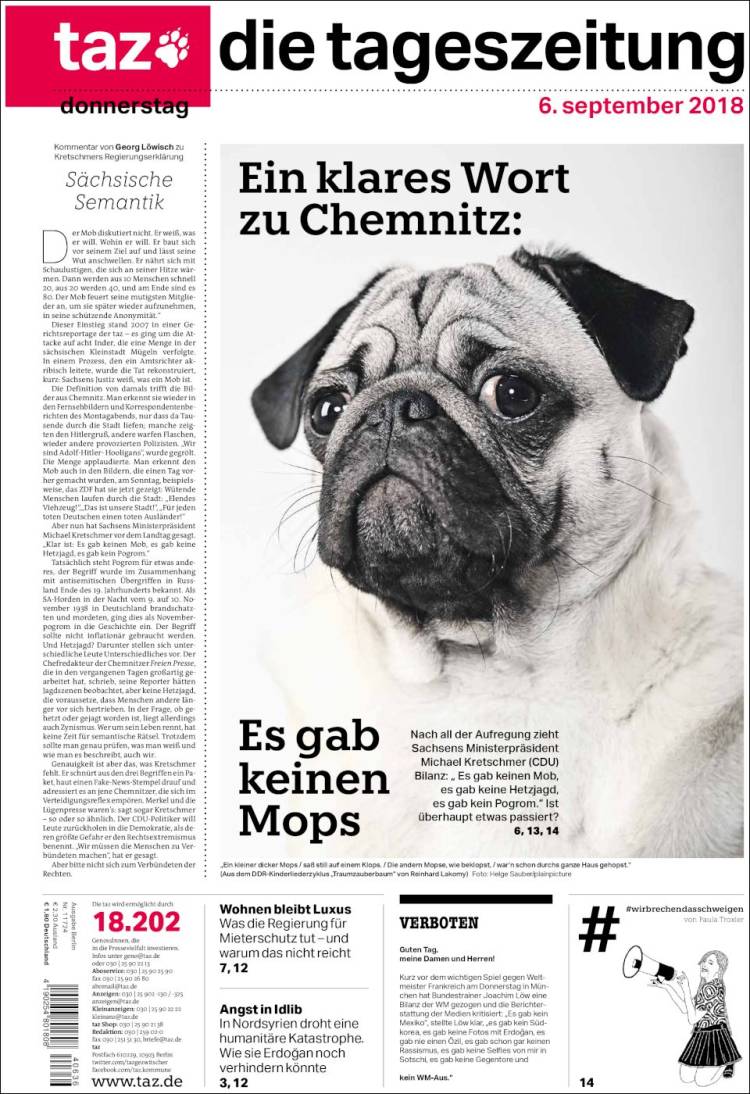
Belgium
Le Soir led with a photo of Brussels’ Palais de Justice, after a chunk of the building fell on Tuesday due to water exposure. L’Echo also covered the damage, deploying the devastating headline: “A symbol.” The paper also reported that a year after TV station TF1 arrived in Belgium, it hasn’t proven to be a “Big Bang,” as rival media feared. Le Soir also featured a story on compensation for exiting MEPs, noting ex-legislators can receive from four to 48 months of additional salary.
